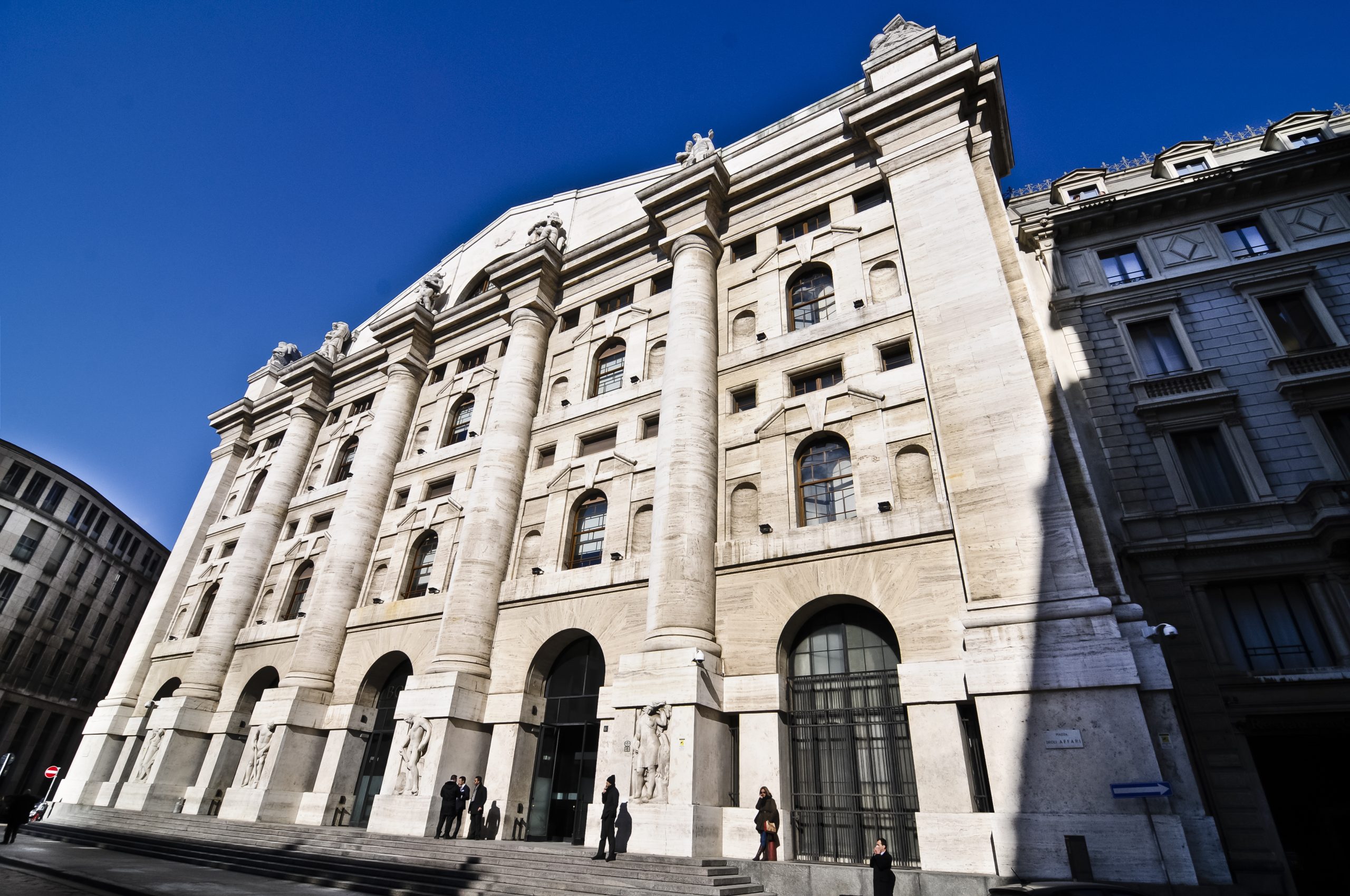24/05/2022 15:50
Trabattoni remains cautious on the secondary market, while new opportunities could open up from the return to Piazza Affari of the primary market
While the markets remain hostage to the macroeconomic variables that are beginning to make their way into company accounts as well, some opportunities could come from the return to Piazza Affari, after a few months of freezing, of the primary market. This is the trend highlighted in the monthly “Italian Times” column by Massimo Trabattoni, Head of Italian Equity at Kairos. According to the expert, on the secondary market it is still time for great caution, while new positive scenarios could open up from the return to Piazza Affari.
4 freshmen on the launch pad, including Eni’s Plenitude
They are expected by the end of the first half of 2022 the IPOs of 4 companies of a certain importance, namely: Plenitude which is the partial spin-off of the renewables and distribution part of the Eni group; by Noraone of the European technological leaders in the world of hydrogen both on the hydrolysis side and on the fuel cell side; Chiorinoa company with a global footprint active in the production of conveyor belts and transmission belts; The Royala group that includes the most important brands around the world as far as the sector of high-end bike saddles is concerned.
“All four of these companies operate in structurally growing markets and have a competitive advantage of a technological nature that makes their profits sustainable over time. In the end, they should also arrive on the market at reasonable valuations, as there has just been a significant general repricing of downward multiples“, Trabattoni explains, noting how the markets remain prisoners of the negative macroeconomic variables that are beginning to make their way into the accounts of companies as well. “The analysts have already moved forward by cutting the estimates of revenues and margins for the next quarters, but the question remains whether they have cut enough – adds the Kairos expert -. In this context, therefore, having the opportunity to access the primary market can be a good strategy to increase returns “.
The (secondary) markets continue to suffer, here’s how to explain the overperformance of the Ftse Mib
The trend of the global indices remains negative also in the second quarter, with the Ftse Mib index which has lost around -12% since the beginning of the year, doing slightly better than other international indices. A relative overperformance that Massimo Trabattoni explains (at least partially) with the composition of the Ftse Mib, being the main index of Milan more exposed to sectors that have performed less negatively than others, such as banks, or positively such as oil and utilities. In fact, these three sectors alone represent more than 60% of the index. On the contrary, the sectors that have done worse since the beginning of the year, namely technology and retail, have a very low weight in the Ftse Mib.
All while the new round of accounts of theearning season relative to the first quarter of 2022. If on the revenue front there are positive indications, for most companies the growth has been double-digit and higher than analysts’ expectations, the situation changes if we look at profitability. “The increase in costs mainly linked to logistics, energy and raw materials is eroding the margins of companies which, despite continuous price increases, are unable to keep up with the inflationary pressure – underlines the Kairos expert -. The holding of margins has therefore become the main concern of investors above all because many CEOs have given not very reassuring messages for the coming quarters regarding the various issues that are driving inflation “.
